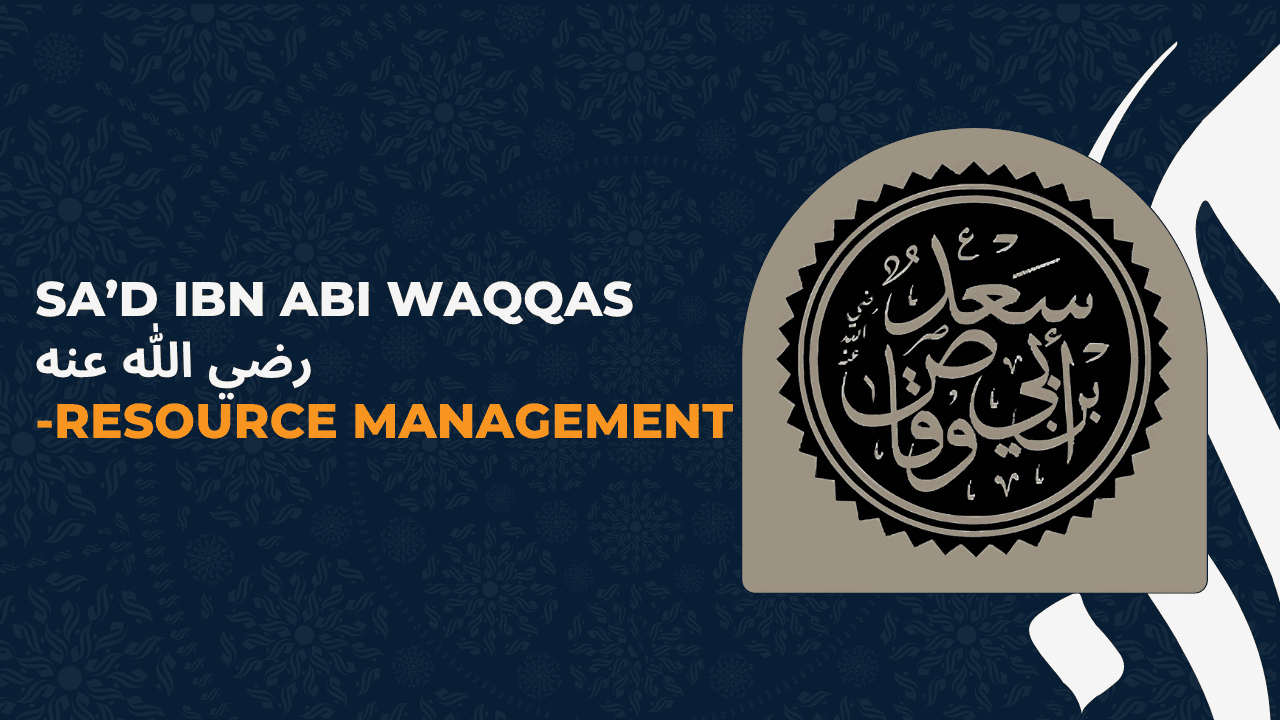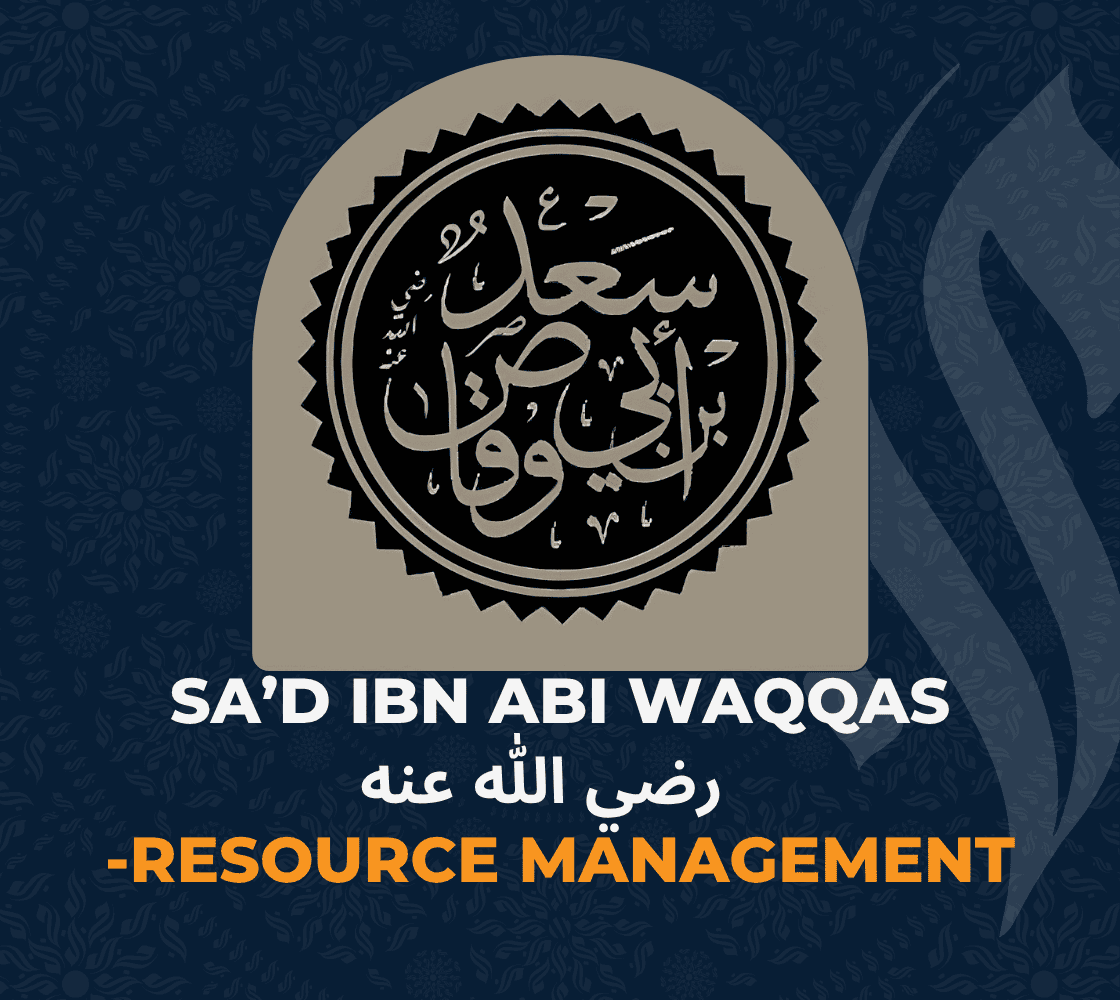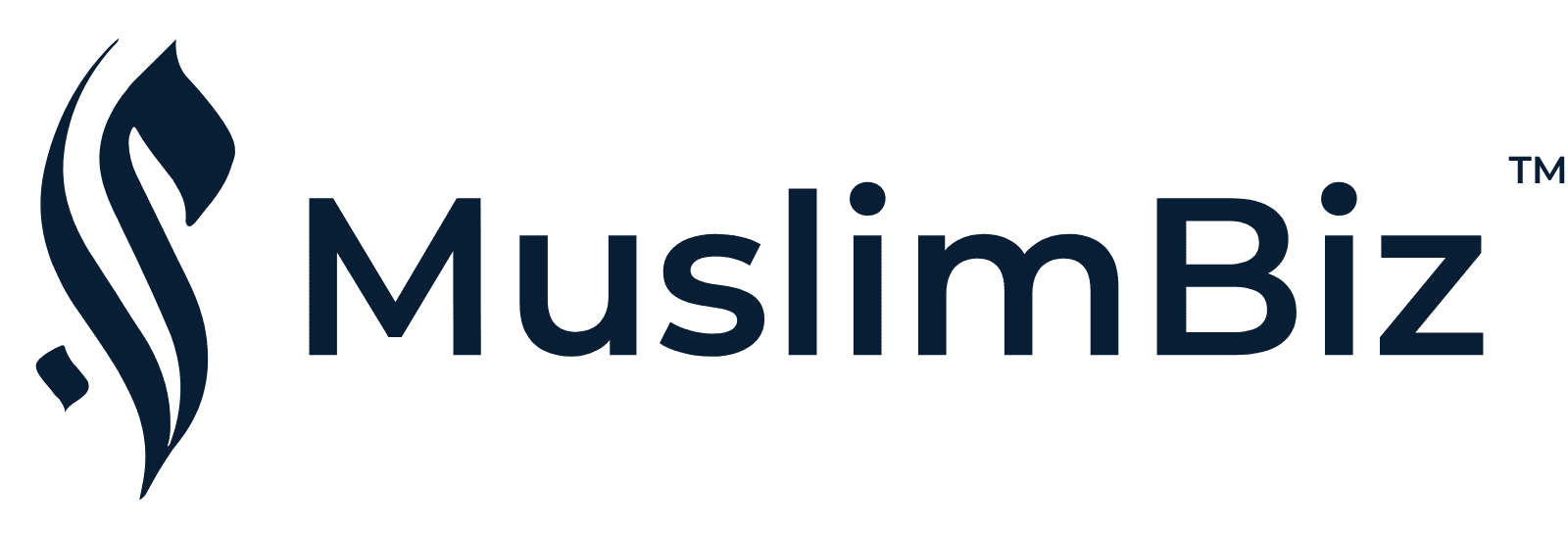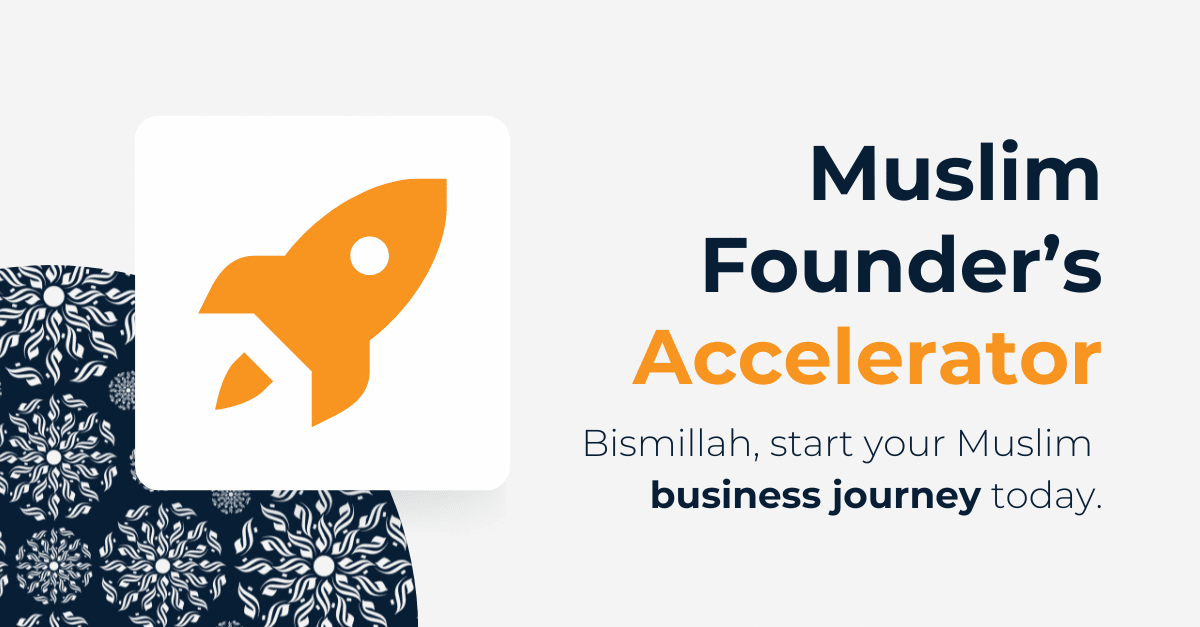

Who was Saʿd ibn Abī Waqqās رضي الله عنه
Key traits that made him a strong resource manager
Short illustrative examples from his life
Practical lessons for Muslim founders
Practical lessons for Muslim founders
Below are concrete actions inspired by Saʿd رضي الله عنه that founders can apply immediately.
Maintain a reserve for lean periods. Keep at least a minimal operational buffer so urgent needs do not force poor decisions.
Map your supply chain and critical dependencies. Know which suppliers, partners, or systems are single points of failure and create contingencies.
Track inputs and outputs honestly. Measure what is essential to survival and growth, such as cash burn rate, gross margin, and customer fulfillment time.
Practice disciplined spending. Prioritize expenditures that sustain operations and create future capability rather than short term appearance.
Build simple, repeatable systems for allocation. Whether it is payroll, procurement, or customer refunds, standardized procedures reduce error and unfairness.
Document ownership and succession plans. Even small businesses benefit from clear records and a plan for transitions.
Treat every resource as amanah. Keep intentions pure, use profits to strengthen family and community, and avoid wasteful consumption.
Subscribe to Muslim Founder's Newsletter
The only newsletter you need to start & grow your Muslim business, Insha'Allah.
100% Free. No Spam Guaranteed.
Conclusion
Subscribe to Muslim Founder's Newsletter
The only newsletter you need to start & grow your Muslim business, Insha'Allah.
100% Free. No Spam Guaranteed.


